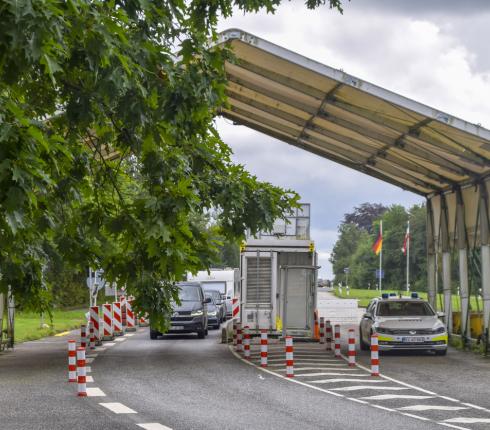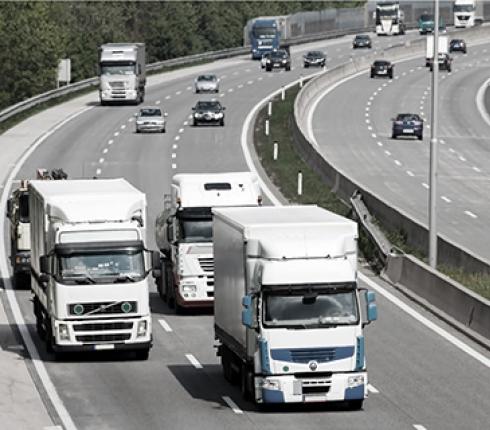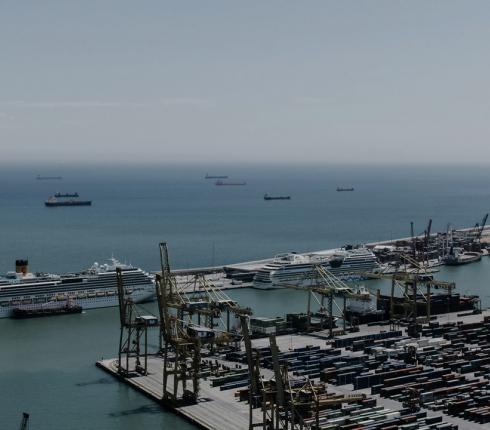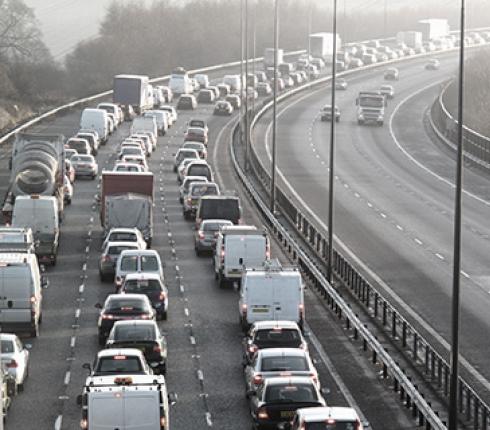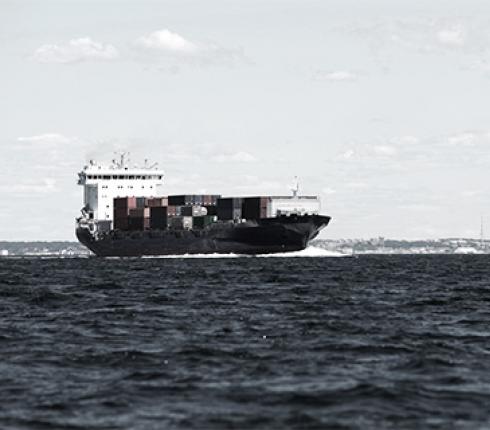Danish focus on the Eurovignette
There have been stories in the Danish news recently about several fines being issued for failure to pay the Eurovignette tariffs. When the Danish police issue fines in cases of failure to pay this road user charge, they apply the tax authorities´ guidelines. The guidelines have recently been clarified after the Danish courts found in two separate cases that there was no legal authority for applying consecutive sentencing in cases of several instances of failure to pay the road user charge. The question, however, is whether the clarified guidelines adequately address the issues identified by the courts?
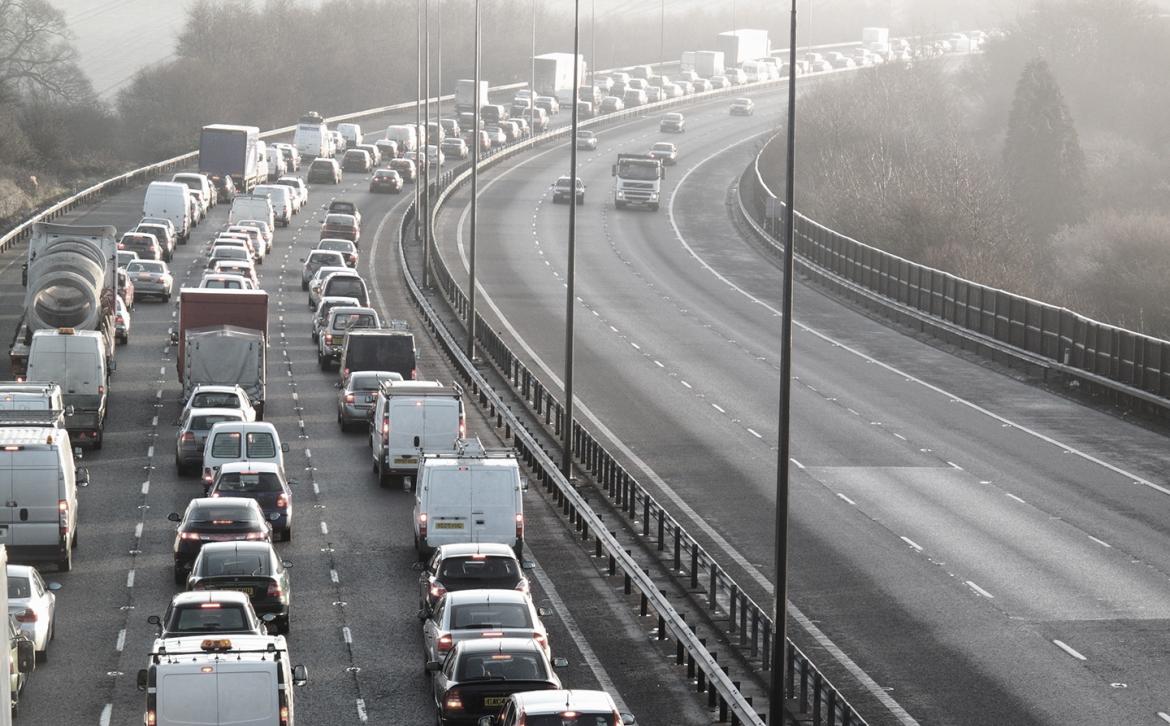
According to Tungvognscenter Syd (a department of the Danish police devoted to heavy vehicles), there has been a substantial increase in the number of cases regarding failure to pay or invalid road user charge. This increase is partly due to more effective control of foreign vehicles’ payment of the Eurovignette tariffs following an update of the Danish police’s IT system. In respect of the large influx of this type of cases, it is relevant to consider how the police handle these cases.
When conducting control of heavy goods vehicles, the Danish police will investigate whether the Eurovignette tariff has been paid. Non-payment of the tariff triggers a fine of DKK 2,500 and this fine is issued to the haulier immediately during the road control. If no tariff has been paid, the police will sometimes investigate how many times the vehicle has used the tariffed road network without proper tariff payment. According to tax authorities´ guidelines, the usual fine of DKK 2,500 is to be multiplied with the number of times the vehicle has used the Danish roads without a valid tariff payment. In criminal law, this approach to sentencing is described as consecutive sentencing (in Danish: absolut kumulation).
The general rule for sentencing in Danish criminal justice is concurrent sentencing (in Danish: modereret kumulation). With concurrent sentencing the penalty for several offences of the same nature does not increase at the same rate as the number of offences. A total penalty is imposed instead considering the circumstances of the case, including the number of offences committed. The rationale is to ensure that the penalty is proportionate to the offences (the general principle of proportionality). Applying consecutive sentencing in Danish law often requires a particular and explicit legal authority. Such a legal authority is found in the Danish Road Traffic Act because of the safety risk associated with offences under this act. However, in a judgment of 28 October 2019, the Eastern High Court stated that there is no equivalent legal authority for consecutive sentencing in cases of failure to pay the road user charge, which is governed by the Road Ticket Act. On 26 February 2020, the District Court of Roskilde issued a similar judgement in a different case in accordance with the Eastern High Court’s statement.
In the tax authorities´ clarified guidelines of 25 March 2020, it is stated that the previous practice of consecutive sentencing for failure to pay road user charge had to be changed in the light of the two court judgements. Consequently, the current guidelines state that the total fine to a haulier should be reduced by one-third when handling cases of more than 10 offences. The tax authorities, however, maintain their recommendation that consecutive sentencing is applied in cases with up to 10 offences - despite the lack of legal authority.
It is NJORD Law Firm´s assessment that the Danish tax authorities´ new guidelines do not solve the problem with the police’s sentencing in cases where a vehicle has been driving without paying the Eurovignette tariff several times within a shorter period. Although it is customary to apply consecutive sentencing when issuing fines to heavy goods vehicles for traffic violations under the Road Traffic Act, it is essential to note that this does not apply to other regulation of heavy goods vehicles where the same considerations related to safety risks do not apply. Because of the tax authorities´ guidelines, there is still a risk that Danish police will issue disproportionate fines for failure to pay road user charges.
At NJORD Law Firm, our transport team assists both Danish and foreign clients with fines and other criminal cases in the area of heavy goods vehicles. Contact us for more information.

